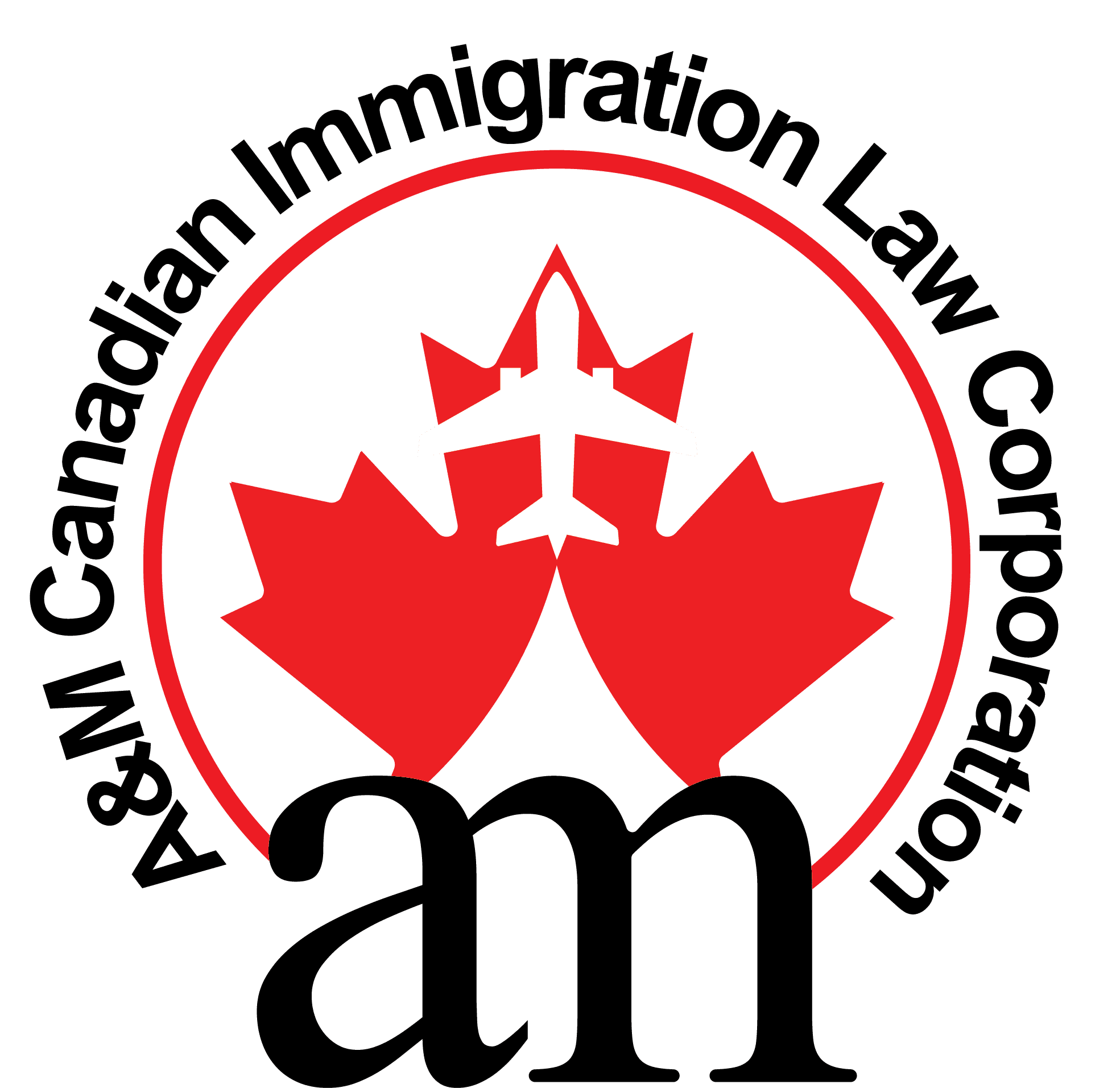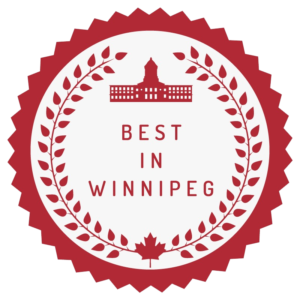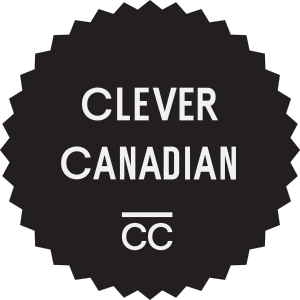Visitor Visa (Temporary Resident Visa – TRV) for Canada
Canada is one of the world’s most visited countries, attracting millions of tourists, business travelers, and families each year. If you are from a country that requires a visa, you must apply for a Visitor Visa (Temporary Resident Visa – TRV) before traveling to Canada.
A TRV allows you to stay in Canada temporarily, usually for up to six months. While the application process seems straightforward, refusals are common. To succeed, you must demonstrate a clear purpose of travel, financial stability, and strong ties to your home country.
Who Needs a Visitor Visa?
You need a TRV if you:
- Are from a visa-required country (check the official IRCC list).
- Plan to visit Canada for:
- Tourism or vacation.
- Visiting friends or family.
- Business meetings or conferences.
- Short-term studies (six months or less).
If you are from a visa-exempt country, you may only need an Electronic Travel Authorization (eTA) to fly to Canada.
Eligibility Requirements
To qualify, applicants must show:
- A valid passport.
- Good health and no serious criminal record.
- Proof of financial support (bank statements, employment letters).
- A clear, temporary purpose of visit.
- Strong ties to home country (employment, property, family).
Canadian courts have stressed that fairness and context matter in these assessments. For example, in Guillermo v. Canada (2017 FC 61), the Court noted that visiting close family is a legitimate purpose for a TRV.
Application Process
- Complete the TRV application form (IMM 5257).
- Gather documents, including:
- Proof of funds.
- Travel itinerary and return ticket.
- Invitation letter (if applicable).
- Evidence of employment or business.
- Submit online through IRCC’s portal.
- Pay fees: CAD $100 for application + CAD $85 for biometrics (if required).
- Provide biometrics at a Visa Application Centre.
- Wait for IRCC’s decision.
Common Reasons for Refusal
Many refusals happen due to:
- Weak financial evidence. (Abdisoufi v. Canada, 2024 FC 164 emphasized the need for full financial documentation.)
- Lack of ties to home country. (Ekpenyong v. Canada, 2019 FC 1245 recognized that family and employment are strong return incentives.)
- Limited travel history. But courts have said this should not count against applicants. In Ekpenyong (2019 FC 1245), the Court held that lack of travel history is a neutral factor.
- Officers ignoring key documents. In Rocha v. Canada (2022 FC 84), the Court ruled it was unreasonable to dismiss verified income records.
Travel History
Your past travel is important, but not determinative.
- No travel history: Neutral factor, not negative (Ekpenyong, 2019).
- Previous travel: Strong support if you have always complied with immigration rules (Khatoon v. Canada, 2008 FC 276).
Inviter’s Support
If you are visiting family or friends, a strong invitation package helps. Include:
- Invitation letter.
- Proof of status in Canada.
- Evidence of accommodation or financial support.
In Guillermo (2017 FC 61) and Ashraf v. Canada (2009), the Federal Court noted that clear host support strengthens the case.
Frequently Asked Questions
Usually up to six months per entry, unless an officer sets a different period.
Yes. Apply for a visitor record before your visa expires.
No, unless your study is short-term (under six months). For work, you need a work permit.
Not mandatory, but it strengthens your application if visiting family or friends.
You may reapply with stronger evidence, or in some cases, pursue a Judicial Review in Federal Court if the decision was unfair (Okhravi v. Canada, 2025 FC 513).
A Visitor Visa (TRV) is the
entry point for many travelers wishing to see Canada. Success depends on
demonstrating a credible purpose of visit, sufficient financial
capacity, and convincing ties to your home country.
Canadian case law confirms
that officers must assess applications fairly and in context. From Guillermo on family visits to Ekpenyong on travel history and ties, the courts
have repeatedly ruled that refusals must be based on reasoned decisions, not
speculation.
With careful preparation —
and, where needed, professional guidance — applicants can significantly improve
their chances of approval and enjoy a meaningful, temporary visit to Canada.






